How Ruto Tamed Raila’s Opposition
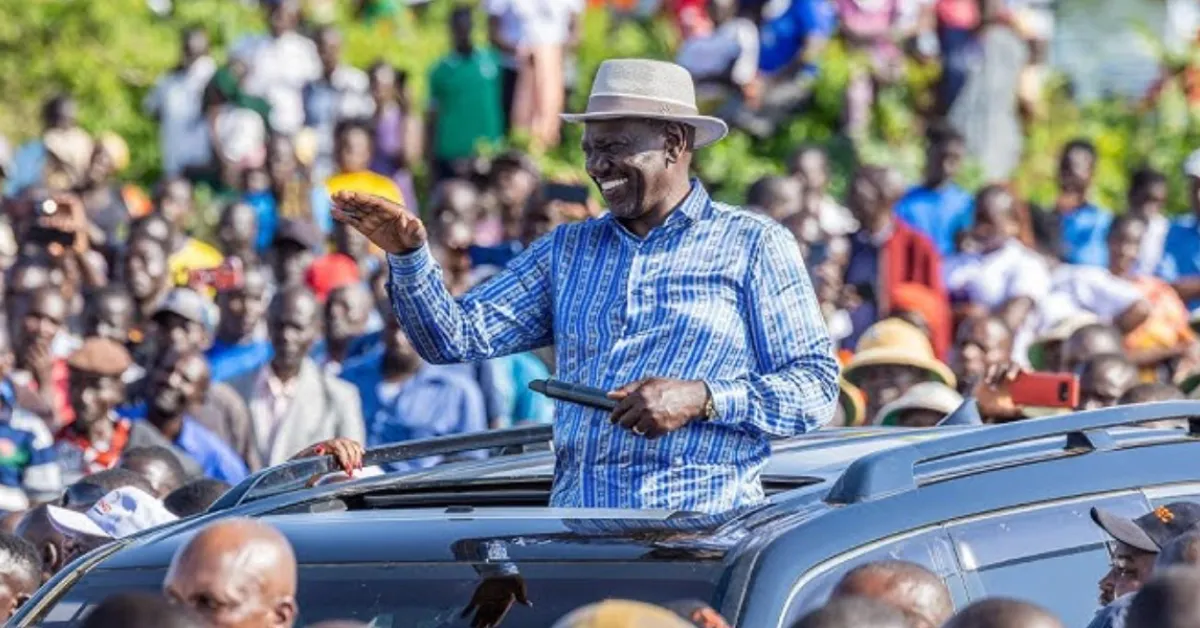
Veteran opposition leader Raila Odinga has transitioned from a vocal government critic to a strategic ally of President William Ruto, fundamentally altering the dynamics of the country's political opposition.
This shift, which occurred in mid-2024, has seen Odinga's Orange Democratic Movement (ODM) deepen its ties with the ruling administration, even as the party insists on maintaining its independence. Raila, who has been a fixture in Kenyan opposition politics for decades, leading the ODM in challenging successive administrations, had consistently criticised President Ruto's policies. Up until recently, his statements were known for their sharp critiques of the government, often provoking strong reactions from state officials.
ODM frequently mobilised protests that disrupted business operations across major cities, with the National Treasury estimating that the economy was losing at least Sh2 billion daily during the height of these demonstrations. Political analysts suggest that Raila could have significantly destabilised the Kenya Kwanza administration had he aligned with the Gen Z protesters last June.
Faced with mounting pressure, President Ruto strategically neutralised Raila's opposition by offering key government positions to ODM leaders and fostering a cooperative relationship with Raila himself. This calculated approach, relying on soft power rather than direct confrontation, has effectively transformed ODM from a staunch opposition party into a political entity with significant connections to the administration.
The ODM, formed in 2005 following Raila's opposition to a constitutional referendum, has traditionally served as a check on government excesses. However, its current trajectory marks a departure from this role, with several senior ODM figures now holding influential positions within Ruto's administration.
Notable appointments include former ODM chairman John Mbadi, who now oversees the country's public finances as Treasury Cabinet Secretary. Other key figures include Wycliffe Oparanya (Cooperatives and MSMEs), Hassan Joho (Mining and Blue Economy), Opiyo Wandayi (Energy), and Beatrice Askul (East African Community and ASAL).
Additionally, ODM-affiliated legislators have secured leadership roles in powerful parliamentary committees, such as the Health Committee chaired by James Nyikal and the Budget and Appropriations Committee, led by Samuel Atandi. Despite these appointments, ODM Secretary-General Edwin Sifuna has repeatedly stated that the party has not formally joined the government, maintaining that its involvement is limited to advisory roles.
"Baba (Raila) told me that even after we donated our experts to the government, ODM is not in government," Sifuna stated.
This integration of ODM leaders into government has coincided with President Ruto's sidelining of his deputy, Rigathi Gachagua, who found himself increasingly isolated before his impeachment and subsequent relegation to the opposition. Political analyst Dr. Isaac Gichuki describes this as Ruto's "endgame," arguing that the president's strategy was twofold: co-opt Raila to weaken the opposition and simultaneously remove Gachagua to consolidate power.
"By drawing Raila into government and isolating Gachagua, Ruto split the opposition and strengthened his control. But ironically, this move has also set the stage for a new, potentially more volatile opposition," Dr. Gichuki explains.
Raila, aware of the risks associated with being too closely linked to an incumbent administration, has sought to maintain a degree of separation. His repeated assertions that ODM is not formally part of the government reflect an attempt to preserve his political flexibility. The reality is that ODM's involvement has created internal divisions within the party, with some members embracing their newfound proximity to power while others remain sceptical.
These internal struggles have led to a crisis of identity within the once-unified opposition movement. Some members, such as Siaya Governor James Orengo, have openly criticised their colleagues for aligning too closely with Ruto's administration. Orengo, who previously advocated for maintaining a strong opposition stance, recently led a delegation from his county to State House, signalling a shift in his position.
Similarly, former ODM Secretary-General and Kisumu Governor Anyang' Nyong'o has expressed support for the government's development agenda. In a statement released last Wednesday, Nyong'o praised the administration's efforts in his county, stating, "We wholeheartedly support the decision by President Ruto and Raila Raila to work together in the interest of national unity and development."
These endorsements have further blurred the lines between ODM and the government, raising questions about the party's future direction.
The Memorandum of Understanding signed between ODM and Ruto's United Democratic Alliance (UDA) in March solidified their cooperation, with the president commending Raila for his contributions to national stability.

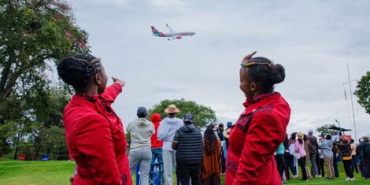
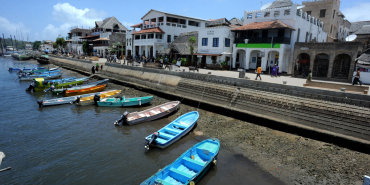
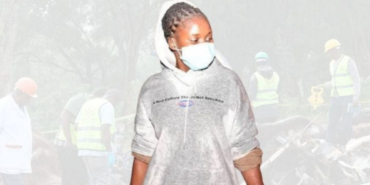
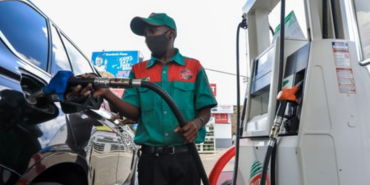
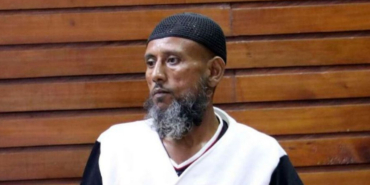
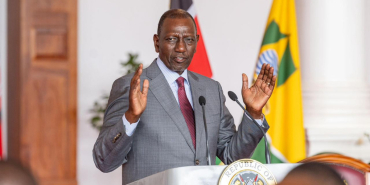
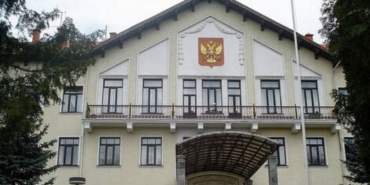
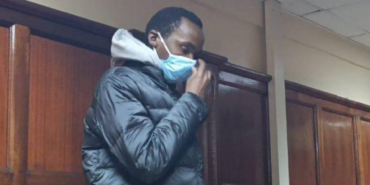
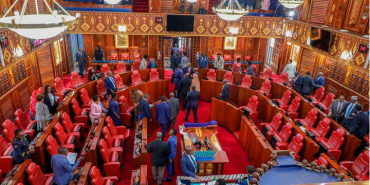




Add new comment